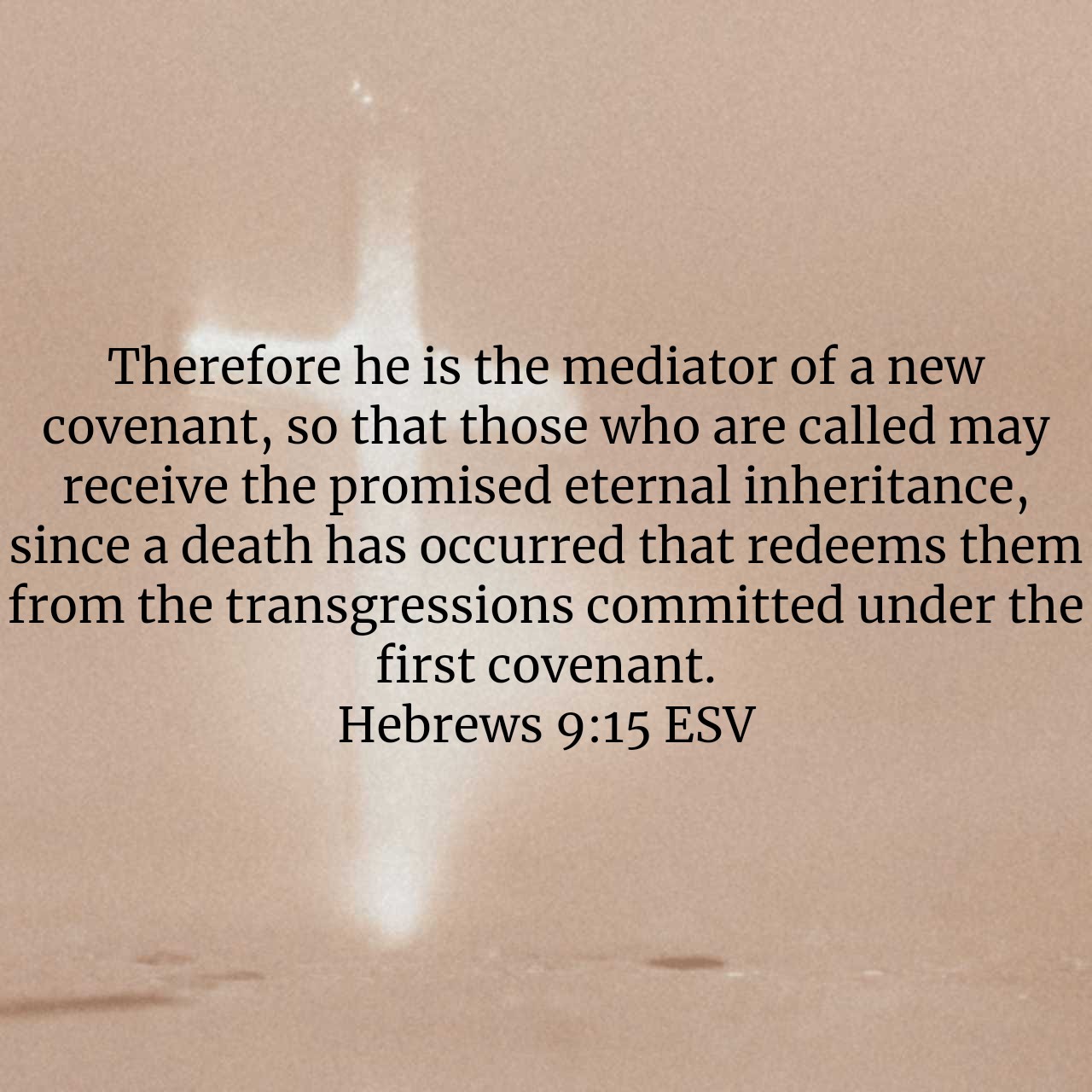Devotional 04 July 2025

Under the old covenant, the people of Israel were given promises, laws, and a land, but not rest. Though they entered Canaan under Joshua, they did not enter the true rest of God. Their hearts remained rebellious, their sins ever before them. The rituals and sacrifices (daily, monthly, yearly) could cleanse the body, but not the conscience. They could symbolically purify, but never fully atone. As the psalmist wrote, “you will not delight in sacrifice… the sacrifices of God are a broken spirit” (Psalm 51:16–17).
This insufficiency is not a flaw in God’s design, but a pointer to something greater. The law revealed sin, but could not erase it. The old covenant was not able to cover high-handed sins: murder, adultery, idolatry, theft, or rebellion (see Numbers 15:30–31). And so, even for the faithful, like David who was called a man after God’s own heart yet committed adultery and murder, there was a veil between them and God. They longed for something more.
Enter Jesus Christ: the Mediator of a new and better covenant. He did not simply explain God’s will, He enacted it. As the “Word made flesh” (John 1:14), He declared, “I do nothing on my own authority, but speak just as the Father taught me” (John 8:28). And just as a will is not enacted until the one who made it dies, so the death of Christ enacted God’s covenant of grace: “For where a will is involved, the death of the one who made it must be established” (Hebrews 9:16).
Jesus’ death was no mere martyrdom: it was a divine transaction. It fulfilled the law, satisfied justice, and opened the way for mercy. “It is impossible for the blood of bulls and goats to take away sins” (Hebrews 10:4), but His blood speaks a better word. His death redeems not only those who live under the new covenant, but also those from the past who lived by faith (Romans 3:25–26).
Now, in Christ, we are invited to enter true rest, not a physical land, but the presence of God. “So then, there remains a Sabbath rest for the people of God… Let us therefore strive to enter that rest” (Hebrews 4:9, 11). No longer excluded, we are called His people: “Once you were not a people, but now you are God’s people” (1 Peter 2:10).
Let this truth stir your soul: you have been brought near, not by your effort, but by His death. The will of God is not that you remain distant, but that you draw near, washed clean, and fully alive in Him. Press into the inheritance Christ has secured: full rest, full forgiveness, full identity, and the fullness of eternal life.